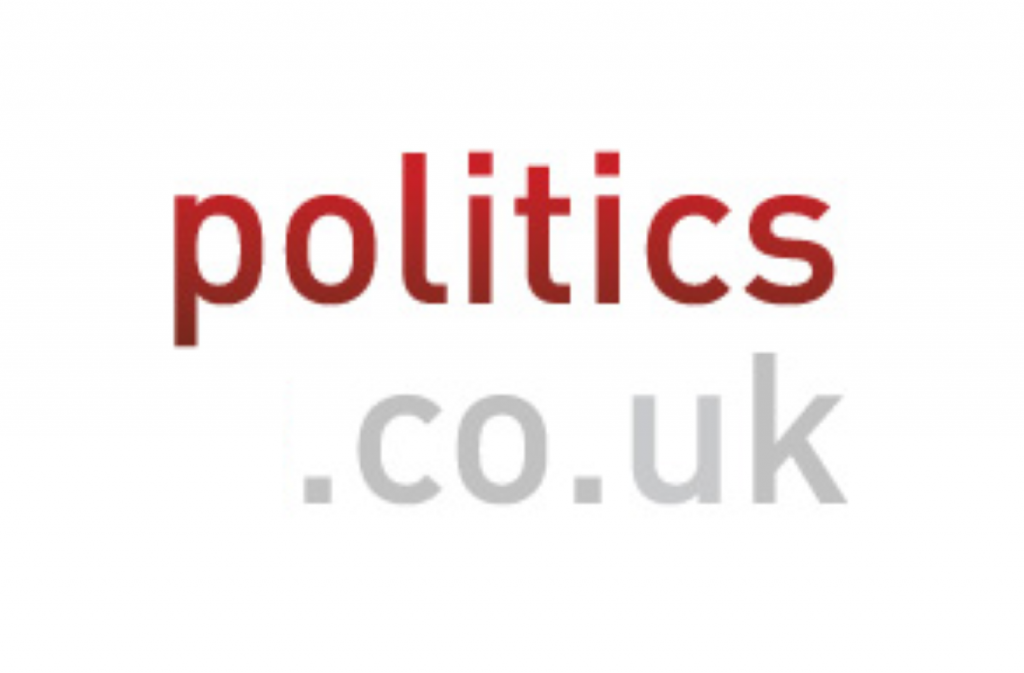Growth in air travel ‘threatens CO2 targets’
The growth in air travel must be restricted or the government will fail to meet its target on carbon emissions, a report warns.
If action is not taken, the report says every household and business in the country would have to cut carbon dioxide emissions to zero to allow the government to reach its target of 60 per cent reduction by 2050.
The report, by the Tyndall Centre for Climate Change Research, argues that ignoring problem of polluting planes has led to a “serious underestimation” of what is needed to combat climate change.
The report is likely to feed into the general debate on climate change and the future of the burgeoning air travel industry.


Liberal Democrat environment spokesman Norman Baker has said the country can no longer allow this type of pollution to go unchecked, and called for a tax on “the plane rather than the person”. Mr Baker also suggested that in 20 years people could have individual carbon emissions allowances.
The government estimates by 2030 passenger numbers will rise from 180 million to 475 million, fuelled by the expansion of low cost airlines and cheap online travel agents.
“If the UK government does not curb aviation growth, all other sectors of the economy will eventually be forced to become carbon neutral,” said Dr Kevin Anderson, leading the research.
He continued: “It will undermine the international competitiveness of UK industry.”
Currently, pollution for aeroplanes and ships is not counted under the CO2 output levels, but researches want to change this.
And aviation pollution is considered particularly harmful because it is released into a high altitude where it can cause maximum problems for the environment.
“No one is underestimating the challenge of implementing policies to deal with climate change, but the failure of all governments to think about international aviation and shipping has led to a serious underestimation of the actions necessary,” says Dr Simon Shackley at the Tyndall Centre and Manchester University.
The report also recommends that the government should implement minimum energy standards and encourage measures to reduce energy demand. The use of carbon resources should limited, but also allocated fairly between the wealthy and poorer sections of society.
There report also recommends “coherent and crosscutting climate policy” across different government departments.
The government’s target of a 60 per cent reduction in CO2 is based on scientific estimations about the limits on carbon emissions needed to prevent serious climate change.

